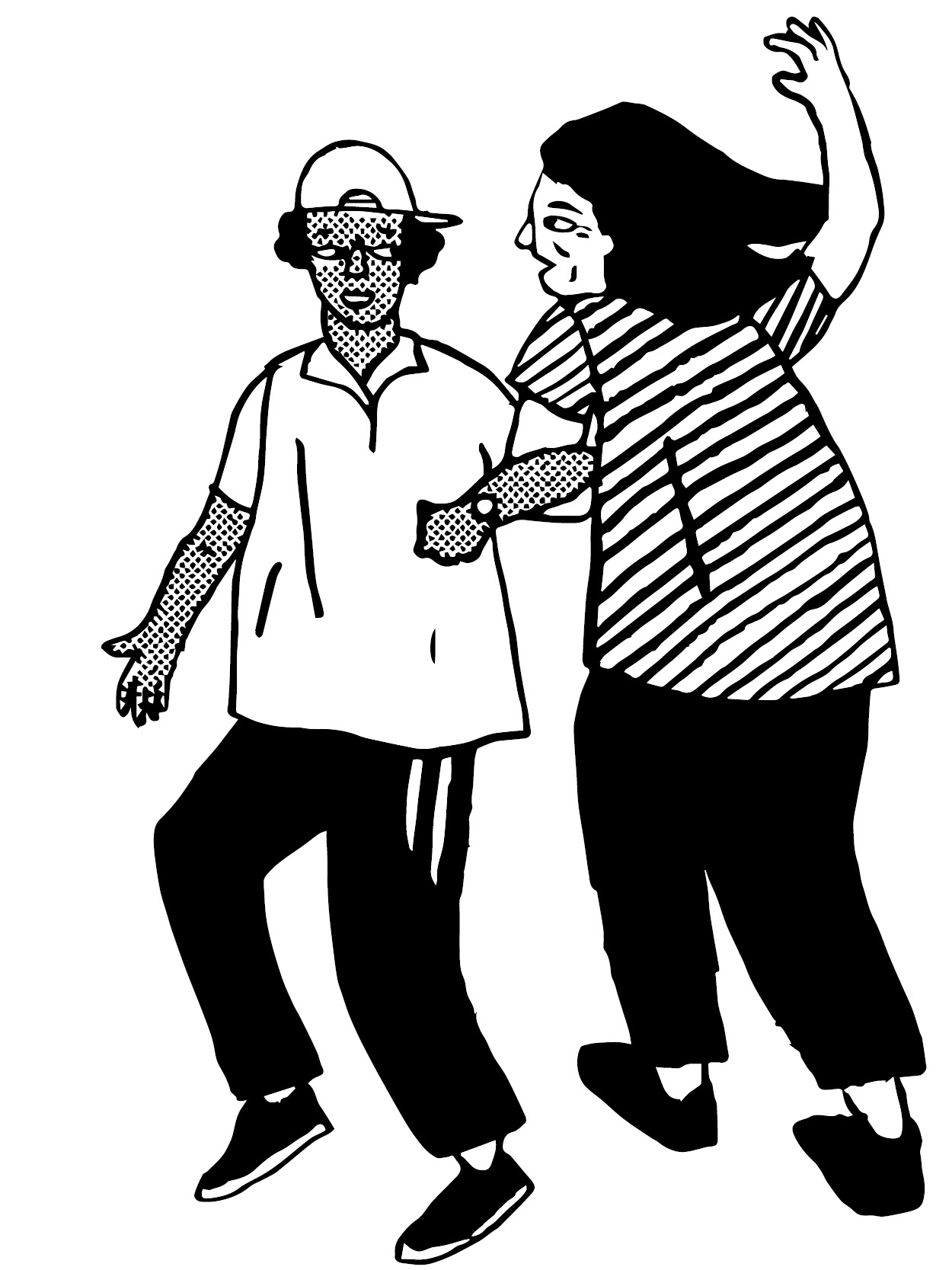2023: Folk Dance: Grappling with Tradition
The Vaughan Williams Memorial Library’s 2023 conference examined folk dance in its wide ranging forms, and asks speakers and delegates to consider the meaning of tradition, both historically and in the present.
Papers were framed around a set of words which are at the same time related and distinct: revival, reproduction, reimagination, re-creation, reformation, refashioning and reconstruction. We invited participants to unpick these and consider what each suggests in relation to folk dance, whether it is possible, whether we should attempt it, how, and why. How can one reconstruct historical forms and why should we? How do reconstruction and reimagination collide or collude? How does tradition sit in the 21st century and what should we do with (or to) it? To what extent is reimagination the same as invention, and does this matter?
SESSION 1. A Question of History (Chair: Professor Theresa Buckland)
- Mike Heaney – Morris dance in theatre and community
- Sue Allan – ‘Whorray! here th’ Maskers cumman’!: re-visiting the evidence for Cumbrian sword dancing
- Phil Heaton – Rapper, DERT and DART
SESSION 2. Refashioning (Chair: Elaine Bradtke, VWML)
- Bryony Kummer-Seddon – Maypole dancing in England: Revivals past, revivals present.
- Derek Schofield – Folk Dance and the new Northumbrians
SESSION 3. Re-enactment (Chair: Malcolm Barr-Hamilton, VWML)
- Chloe Middleton-Metcalfe – How do we strip back the willow? Traditionality, familiarity, and the ‘living tradition’ in English social folk dance
- Grace Redpath – ‘The magic was still in my heart like an old sweet pain’: Revisiting longsword in East Cleveland and prospects of revival
- Sean Goddard – Tunes and dances: Is there a risk to using new tunes?
SESSION 4. Participation (Chair: Alex Burton, VWML)
- Lisa Heywood – Queering social dances: The case for an evolving tradition
- Kerry Fletcher and Natasha Khamjani – Folk Dance Remixed
- Wendy Timmons and Iliyana Nedkova – Pomegranates – sowing the seeds of international traditional dance across Edinburgh: Thriving not surviving
SESSION 5. The 21st Century Dancer (Chair: Mike Heaney)
- Peter Harrop – Dancing with tradition: grappling with ‘folk’.
- Liz Scholey/JMO EDI group – An examination of the songs used in morris dance
SESSION 6. Performance (Chair: Nick Wall, VWML)
- Lally Macbeth – The Mock Morris
- Clare Bowyer – Authenticity of British folk costumes: A classification of authenticities.
- Deborah Ward – From Elva Hill to Loch Sunart: Adapting folk tales into folk ballets whilst exploring the traditional balletic and folk dance language.
SESSION 7: Boss Morris
- Alex Merry and Stephen Rowley: Dancing on the shoulders of giants – a discussion, with the participation of Boss Morris
SESSION 8 – Reinvention, reconstruction (Chair: Martin Nail)
- Simon Harmer – The Sailor and the Paramedic: my step dance heroes
Reconstruction and reimagination in action - Lisa Sture – Devon stepdancing: tradition as framework, not set-piece.
- Elaine Bradtke – Reinventing tradition: Molly dancing in the late 20th century
2019: Stepping On
A conference on stepping in dance
Saturday 16 to Sunday 17 November 2019
Cecil Sharp House, London
Britain and Ireland have a rich history of step dancing in many forms and contexts, spanning centuries and linking with traditions across the world. This conference aimed to further knowledge and understanding in these traditions and to stimulate debate.
Download FREE Event Proceedings PDF
Buy Event Proceedings paperback
Contents of the proceedings:
Patricia Ballantyne: Are These Steps Percussive? An Investigation into Francis Peacock’s Highland Steps
Heather Blasdale Clarke: Steps in Australia: The History
Annabelle Marshall Bugay: Competition, Consumerism, and Conformity: A Study of the Manifestation of American Ideals in Competitive Irish dance Culture
Anne Daye: Finding our Footing: A Discussion of the Evidence for a Social Dance Step Vernacular to These Islands
Alexandra Fisher: In Search of Street Clog Dance: New Thoughts on Step Dance Analysis Based on Two Lancashire Clog Dancers
Sean Goddard: The Recording Output of the EFDSS in Two Case Studies: ‘Kendal Ghyll’ and ‘La Russe’
Simon Harmer: Whistling Billy’s Barefoot Hornpipe: A Presentation on the Process of Creating a Hornpipe Sequence from Named Steps in Henry Mayhew’s London Labour and the London Poor (1851)
Samantha Jones: Dancing Hands and Rhythmic Voices: Historical Traces and Archival Excess
Mats Melin: The ‘Scotch Reel’ as a Solo Dance: An Examination of the Circle Motif and Structure and its Connection to some Scotch Reels and Scottish Solo Dances
Chloe Elizabeth Middleton-Metcalfe: Hornpipe Stepping at Barn Dances and Ceilidhs in England
Heather Sparling: History of the ‘Scotch Four’: A Social Step Dance in Cape Breton
Lisa Sture: Devonshire Step Dancing: Yesterday, Today and Tomorrow
Kathryn Tattersall, Ru Rose and Jon Davison: From Family to Team: The Transmission of Pat Tracey’s Clog Steps and the Formation of Camden Clog
Huw Williams and Angharad Jones: Everything You Wanted to Know about Welsh Clog Dancing but Were too Afraid to Dance
Promoted by The Vaughan Williams Memorial Library and InStep Research Team.
2017: The Histories of Morris in Britain
Morris dance has been an enduring feature of British culture for more than six centuries. In 2017 we hosted a two day conference of presentations, posters, and dance, exploring morris dance’s evolution across time until the present day.









